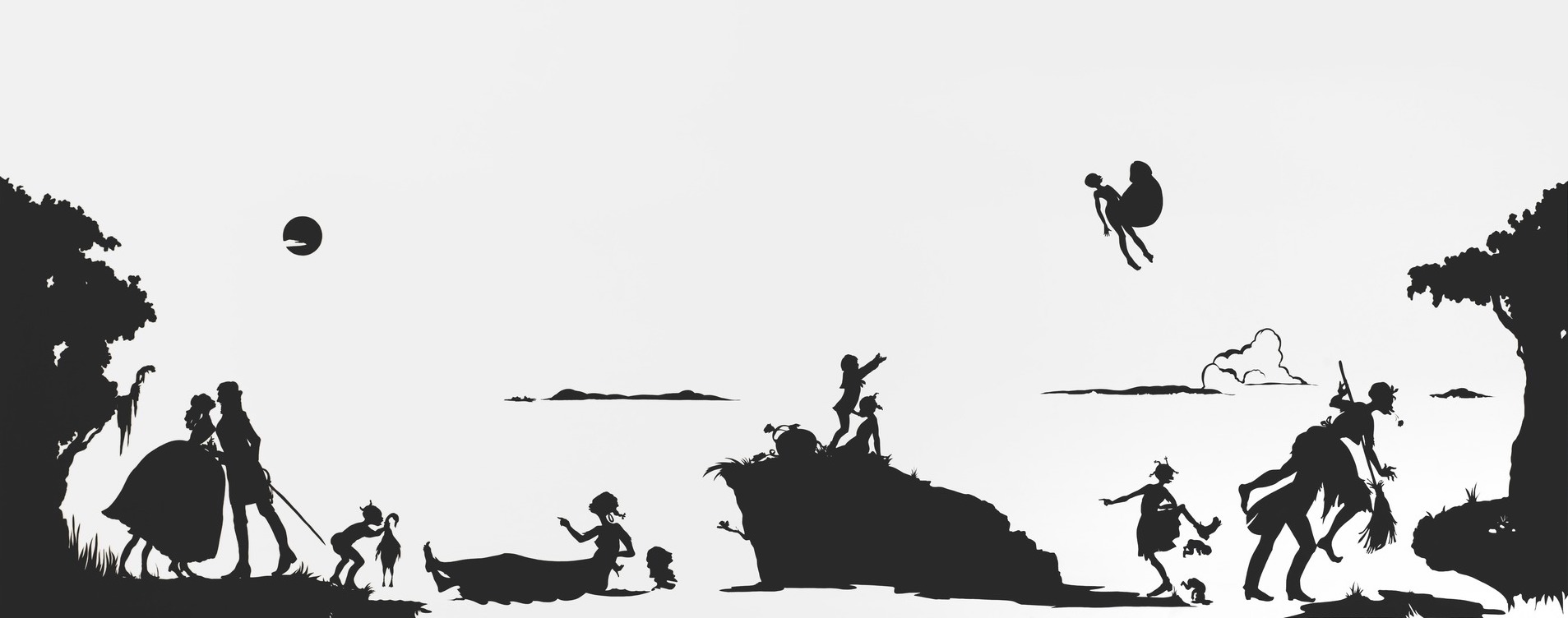Chimamanda Ngozi Adichie
“The Danger of A Single Story”
In this class, while this course’s goal is to center African American History as central and part of the larger story of U.S. history, it also attempts to complicate and interrogate the “single story” about African Americans and the US, that is the single story of stereotypes of black criminality and laziness, etc.
That single story is primarily part of what might be called “American exceptionalism.” Keeanga-Yamahtta Taylor writes about some of this on page 28, under the heading of “American Exceptionalism.” Part of that idea is that the US is uniquely special. More significantly, according this idea, anyone can thrive in the U.S. through hard work. In that story, African Americans have not thrived because they do not work hard and because of their negative culture.
Now, this post is also inspired by Kate Read’s blog Selvam Allotey’s comment in response to it. Kate’s blog is titled, “UBUNTU: More Than a Show About Africa.” Now, please read it, because it reflects good understanding of ideas as presented in this course and nicely applies these to UBUNTU, as event sponsored by the African Students Union.
Selvam also connects this event to discussions in class. He writes:
Similar to how the cultural aspects of the Harlem Renaissance was for Black people after WWI, culture is used as a medium of educating others about African culture through an Afrocentric lens. In many instances, the African culture and way of living is depicted from a negative Eurocentric standpoint for capital gains. African countries have always had rich and beautiful cultures, but the issue was letting others see it. The beautiful streets of Accra and Lagos in Ghana and Nigeria respectively were never shown, but hungry children always are. The genocide of Rwanda is splashed everywhere but no one knows how things are now. In the United States, some White people not only try to rewrite the histories and control the portrayal of Black people inland, but they do this to all people in the diaspora. I’m happy for your new discoveries, and Ubuntu mainly highlighted 2 out of 54 countries from the African continent, so theres so much more to see.
